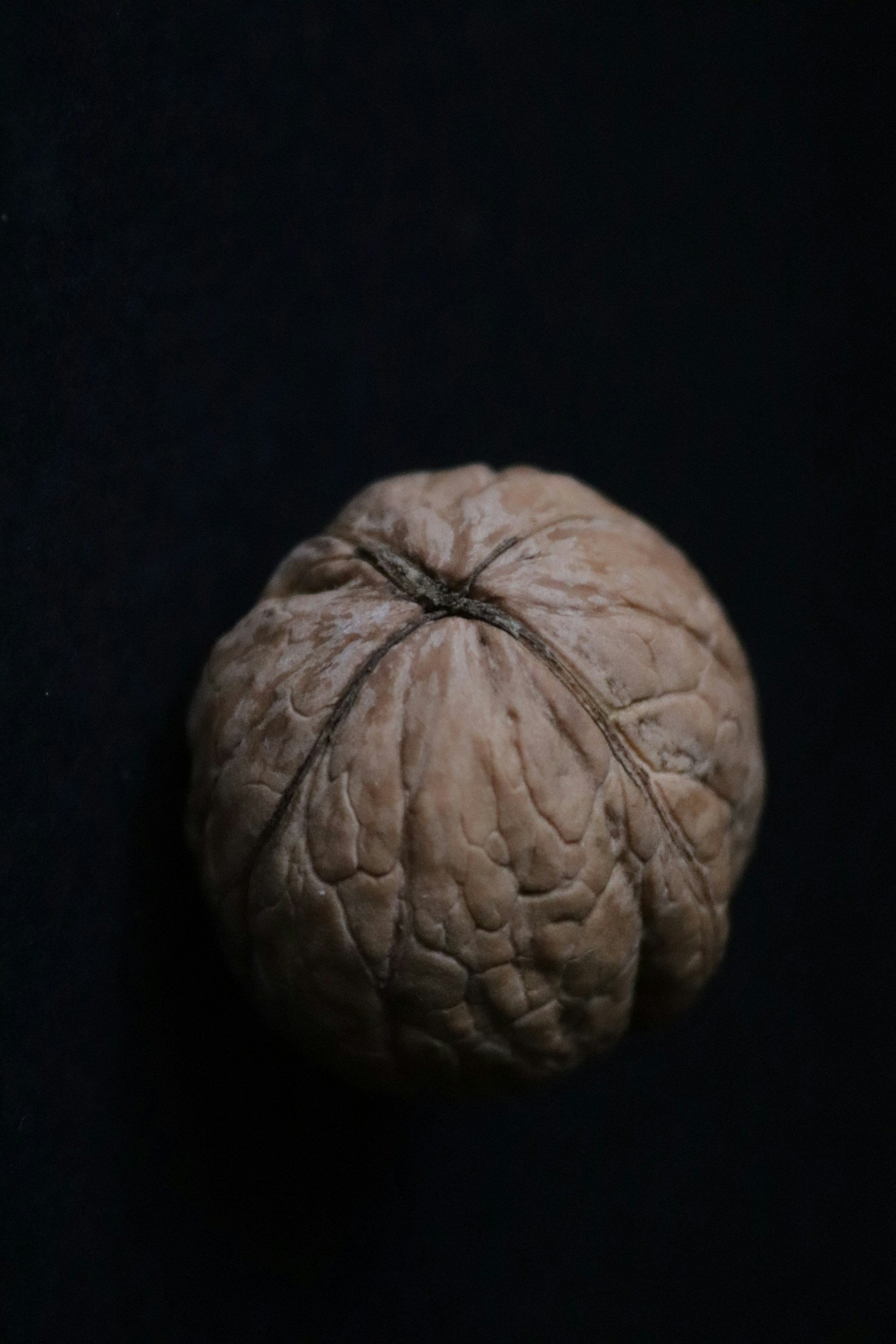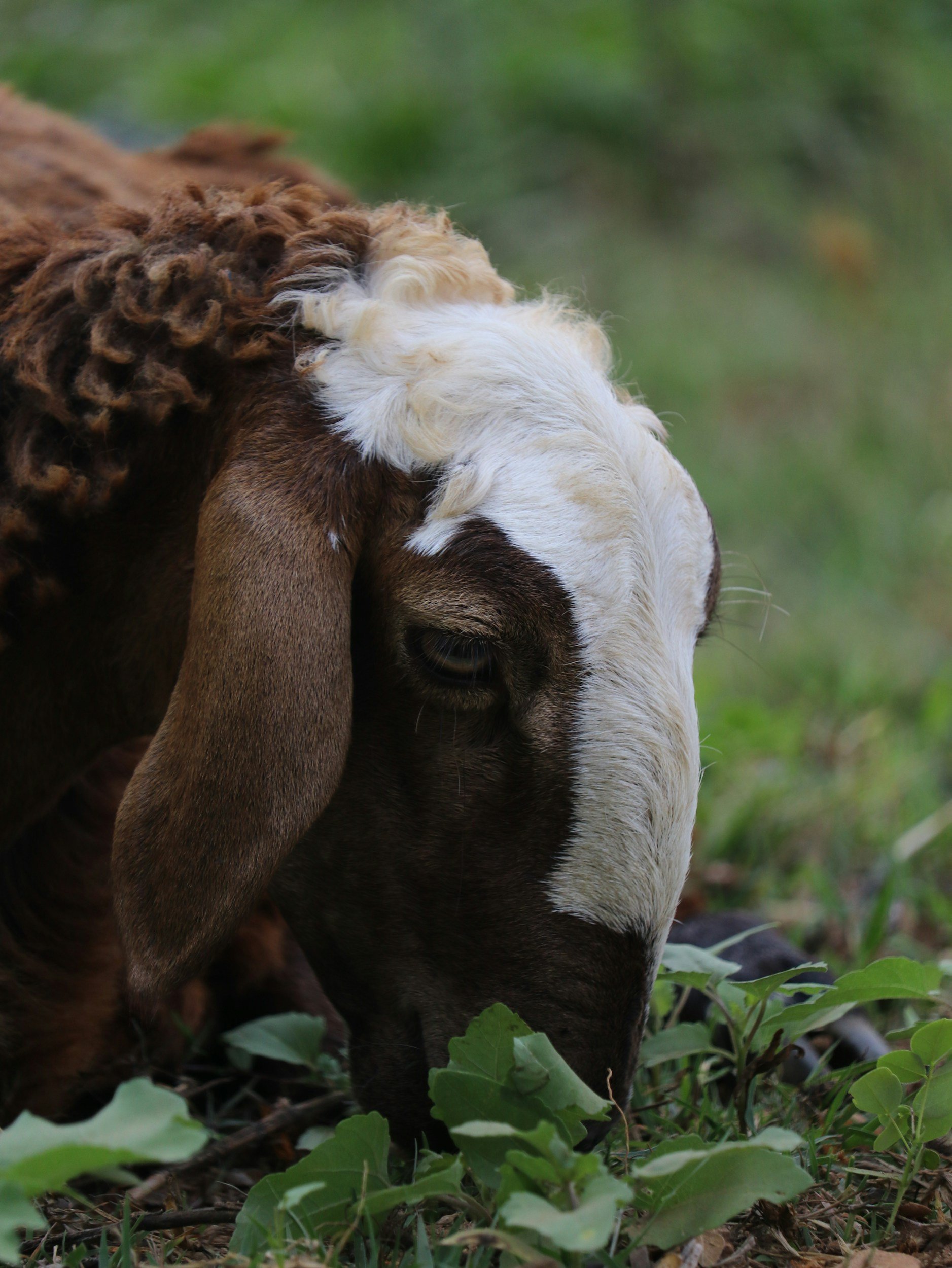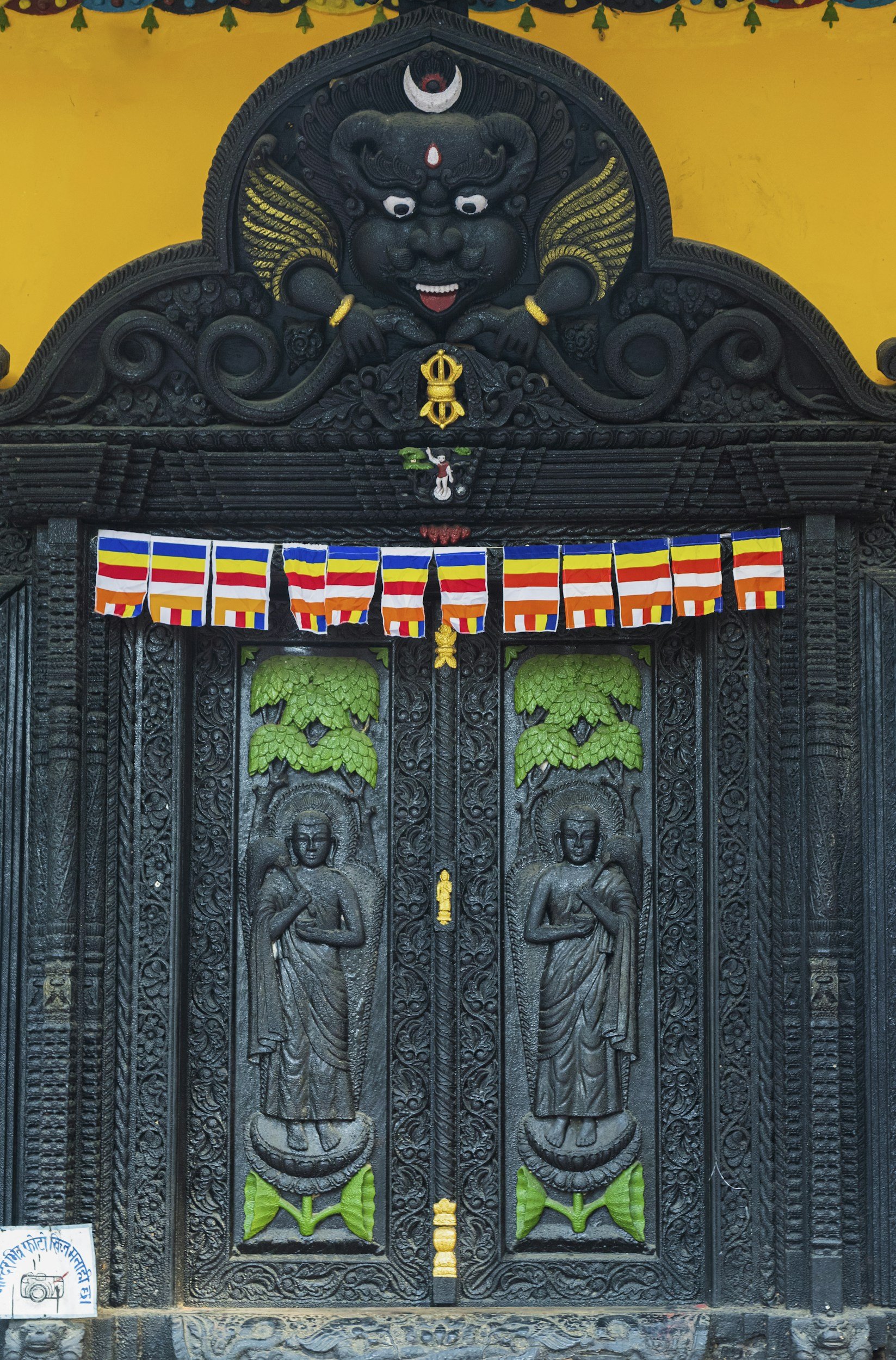The Story of Eri and How Yam Came to Be in Igbo Land
Listen to this story 👇🏾
Long ago, before the rise of kingdoms and the planting of crops, before men knew sleep or the taste of yam, the world was wild and unsettled. In those ancient times, the Almighty Chukwu Okike looked upon the Earth and saw its emptiness. The world was marshy and soft, soaked in waters that had no shape. There were no people, no farms, and no stories to be told.
From the heavens, Chukwu sent down a man named Eri. Eri descended from the sky and landed gently upon the Earth. Where he touched down was the center of the land now known as Nri, one of the oldest kingdoms in Igbo land. But the Earth was not firm, it was swampy and unstable. Eri, seeing the soft watery ground, sat upon an ant-hill, the only dry place he could find, and lifted his voice in complaint to Chukwu.
Chukwu, hearing his faithful servant, sent help: a master blacksmith from Awka, a man of fire and skill, bearing a fiery bellow, charcoal, and tools forged in the heavens. The blacksmith struck the earth with fire and wind. He dried the land, hardened the soil, and gave Eri a place to build and to live. For this sacred service, Chukwu gave the blacksmith the Ofo for this craft, a holy staff of authority, marking him and his descendants as the keepers of fire and forge in Igbo land.
While Eri lived, he did not till the land, for Chukwu Himself fed him and his household with a form of Ululu Ofu, Azu-Igwe—celestial fish that fell from the sky like rain. They did not hunger, they did not toil, and they lived in harmony with the heavens.
But even the most divine life must end, and in time, Eri passed on, returning to the bosom of the skies. With his death, the rains of Azu-Igwe ceased. No more fish came from the heavens, and the people began to starve. Among them was Nri, son of Eri, who cried out to Chukwu in sorrow and desperation.
Moved by the cries of Eri’s bloodline, Chukwu spoke once more. But this time, He required a price.
“You seek food?” Chukwu said. “Then offer what is dearest to you.”
And so, with a trembling heart, Nri obeyed. He took his first son and first daughter, and with sacred rites, buried them in separate graves. The land wept. The winds held their breath. And for three Igbo weeks—twelve days, the people waited in silence.
On the thirteenth day, from the grave of the son, a green sprout broke through the earth. It climbed and coiled and bloomed into the first yam (Ji Igbo). And from the grave of the daughter, a gentler plant arose, the tender cocoyam (Ede Igbo). The people prepared these strange gifts and tasted them, and for the first time, they slept, their stomachs full and their souls at peace.
But the blessings had only begun.
Nri, determined to feed more mouths, made yet another sacrifice. This time, he buried a male and a female servant, again in separate graves. The land trembled. And after Izu-ato, from the male servant’s grave rose the towering oil palm, and from the female’s grew the mighty breadfruit tree, Ukwa.
The people rejoiced. They cooked and shared and danced under the moonlight. Nri’s land prospered. But as word of the miracle spread, people from other lands came, asking to share in these divine crops. Chukwu asked Nri to share them freely.
Yet Nri, heart still broken by sacrifice, refused.
“I have paid the greatest price,” he said. “My blood and my labor gave birth to this bounty. It is mine.”
Chukwu, neither angry nor pleased, acknowledged Nri’s pain and made a covenant with him.
“Then let it be so,” said the voice from heaven. “For your sacrifice, you and your descendants shall hold special powers. You shall be the priests, the peacemakers, and the sacred custodians of Igbo land. Let no king rise without your blessing, let no war end without your word.”
And so it was.
From that time onward, yam became the king of crops, a sacred gift born of sorrow and sacrifice. It became the center of Igbo agriculture, the heart of the New Yam Festival, and a symbol of life itself.
And Eri, the first to come from the sky, remains honored as a Father of Igbos, his legacy living in every priestly activity that takes place in Igbo land.
That is the story of Eri, of Nri, and of how food, especially yam, came to be among Igbo people. A story of loss and reward, of sacrifice and divine blessing, echoing through time.
The End.























